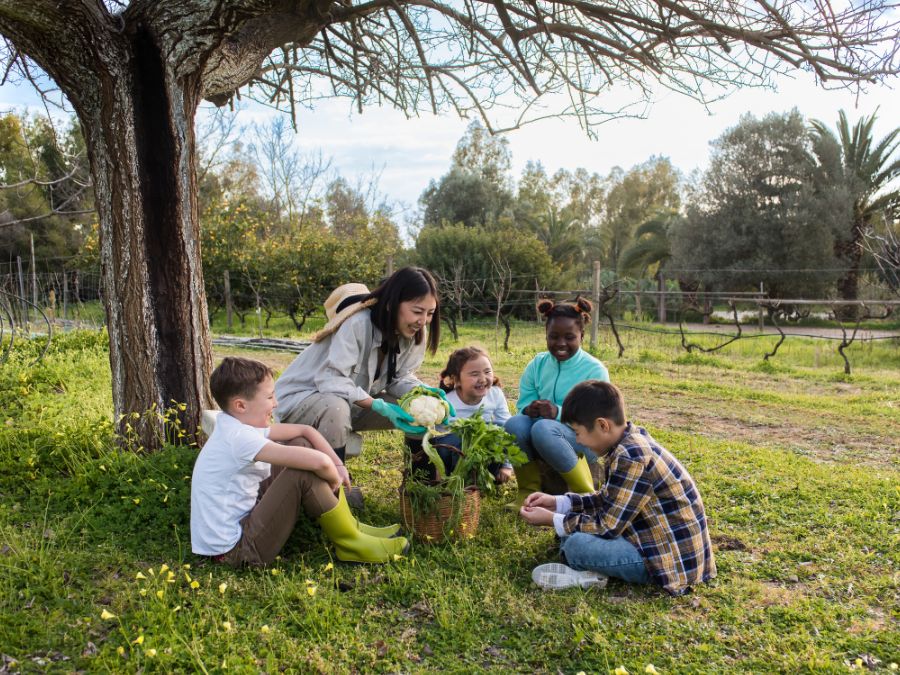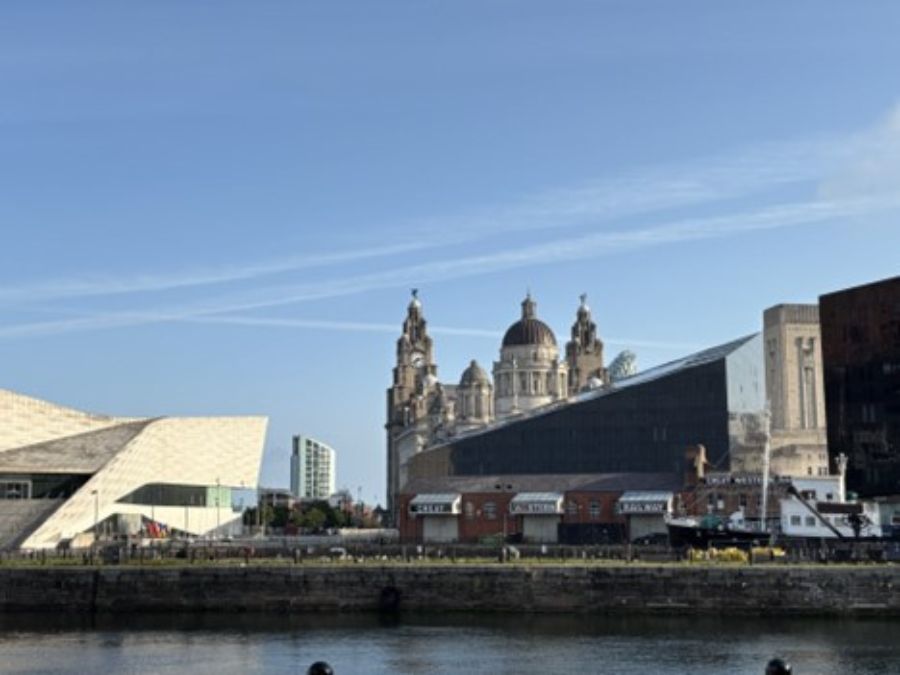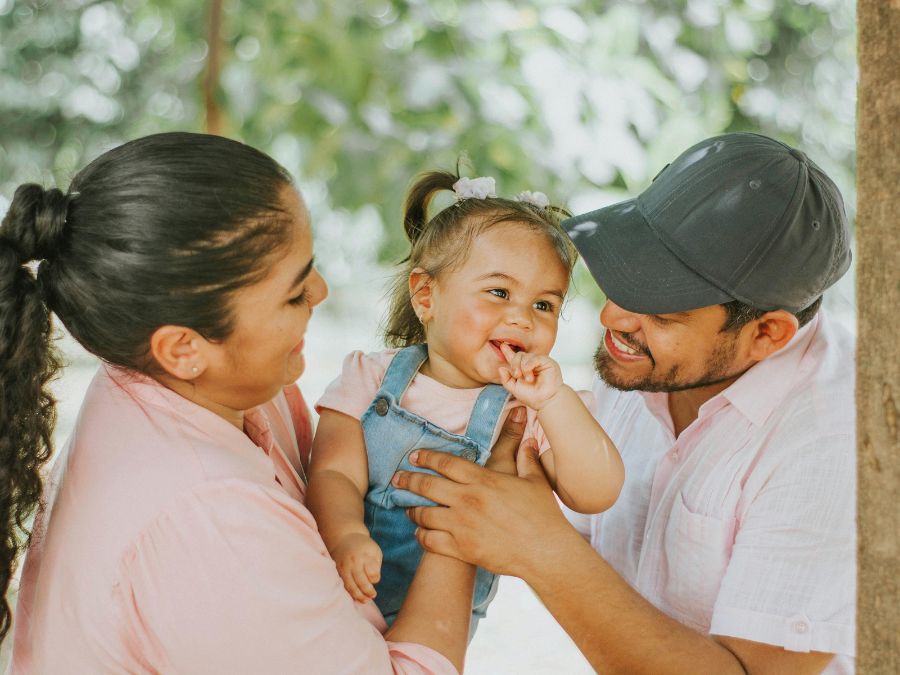
HOPE’s statement on the value of lived expertise
In collaboration with our Family and Community Experts (FACEs) of HOPE sub-committee, we released our “The value of lived expertise” statement on our website. FACEs are members of our HOPE National Advisory Board, consisting of people with lived experiences as professionals, parents, and community members.
Our latest statement declares our commitment to including individuals with lived expertise in the materials we produce, the trainings we offer, and the research we conduct. This inclusion benefits the quality of our work and the effectiveness of trainings and research.
The value of lived expertise within our practice
Our lived expertise statement reflects how the HOPE framework provides an accessible, actionable way of recognizing and promoting key types of positive childhood experiences (PCEs) that help all children grow and build resilience. These key PCEs – relationships, environment, engagement, and emotional growth – or the Four Building Blocks of HOPE, can look different for everyone. It is up to each family, organization, and community to define what each Building Block means to them.
By incorporating the voices and lived experiences of community members in our work, we can provide better, strengths-based care for the children and families in each unique community.
Why the inclusion of lived expertise is important to us
We asked FACEs members why the lived expertise statement and the HOPE framework are important to them:
“The most powerful insights into systems don’t come from textbooks or policy manuals—they come from the people who’ve been through it. My journey as a parent who once faced the trauma of family separation, and now stands as a leader working for transformation, has taught me that those who’ve navigated these systems carry a truth that professionals alone can’t access. When you’ve felt the fear, the stigma, and the fight, you understand what needs to change. That kind of perspective isn’t optional. It’s essential. If we want real solutions, we have to listen to the people who’ve survived the very systems we’re trying to fix.” -Allison Schild
“We know that having lived experience changes dynamics. There is a shift in the power differential in systems and services when the voice of someone who has “been there” is heard. Reducing power differentials in a time where inequities are felt, but often go unacknowledged, it is more important than ever to make sure we are creating a competent culture wherever we can to ensure those voices are heard. Making a statement like this says… ‘Yes, we hear you. Yes you have a seat equal to mine at this table.” –Michelle Lennon
“I feel it is important to me to connect with others to help them know they do have support and it doesn’t always have to be the way it has been. Things can change.” -Tabetha Melton


